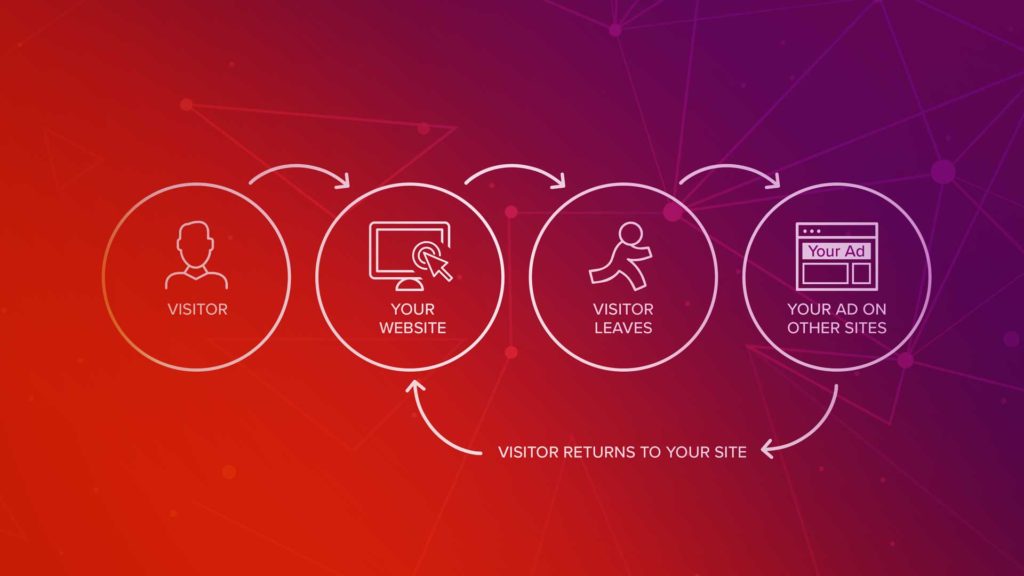Staying ahead in B2B marketing requires agility and a proactive approach to swiftly embracing and leveraging new trends.
Increasingly fluid market dynamics, rapid technological advancements, and evolving customer expectations are a daily challenge for businesses and marketers alike. Deeper integration of technology is driving a greater focus on personalised and meaningful interactions with customers driven by data and automation, rather than human actions.
Through 2024, the ever-shifting B2B landscape will be led by these four pivotal aspects:
- The need for personalisation
- Reliance on technology
- A shift in buyer values
- Evolution in customer interaction with businesses
Let’s dive in and explore what lies ahead in these areas.
The need for personalisation
Tailoring marketing messages, content, services and products to individual customers or audience segments, based on their demographics, behaviour and preferences has been shown to yield better results for both sales and brand building.
With an increased focus on customer-centricity, brands can create more relevant, more personalised content that aligns with customers’ expectations and values, resulting in higher engagement, conversion and retention. Customer experience (CX) principles can be applied equally to individuals or organisations.
So what are the trends in this space?
Trend 1: Integrating AI into personalisation
AI crept onto the marketing scene several years ago, with the first AI created advertisement said to have been created in 2015 by a leading UK ad agency. Fast forward to 2023 and things really exploded with a myriad of publicly available AI tools and applications. In this highly dynamic time, there were wins and losses with AI, and it was most usefully employed for predictive analytics and customer segmentation. However, as we all get better in practically applying the tools, AI will expand into deeper personalisation and real-time decision-making, enhancing marketing campaigns with timeous, customised content. Through faster data analysis, increased customer insight, and better personalisation in B2B marketing, AI can help to craft more targeted campaigns and better understand customer behaviour, leading to higher ROI and helping businesses retain clients for longer.
Trend 2: Account-based marketing (ABM):
We’ve written before about how marketing strategy coupled with brand strategy is the foundation for successful business growth. Strategically focusing on high-value accounts rather than broad market segments means creating highly personalised content for each B2B account in order to enhance engagement and conversion rates. Account-based marketing will shift slightly from 2023, where the focus was simply identifying and targeting specific accounts, to becoming more sophisticated with highly personalised strategies and executions being rolled out for each account.
Reliance on technology
Technology has become the backbone of modern marketing, with businesses relying more than ever on data analytics and automation to understand customer behaviour, target audiences effectively, and create engaging, data-driven campaigns. Embracing technology is essential to staying competitive in today’s marketing landscape.
Trend 1. Voice and visual search optimisation:
In 2023, smart speakers and visual search technologies became further entrenched in everyday life and more people relied on search results from these media. In 2024, as trust deepens in these technologies, we will see them becoming even more mainstream, with a more significant portion of searches being conducted through voice and visual means. By optimising online content for these searches, businesses can help improve visibility and reach more users through these newly refined search methods.
Trend 2. Privacy and data security:
What was once compliance-driven in 2023 has become a core part of brand trust in 2024. Companies are not just adhering to regulations but are proactively showcasing their data security measures as a part of their brand promise. With increasing data regulations, prioritising privacy and data security is essential. Transparent data practices build trust and ensure compliance, which is vital for reputation and customer relationships.
A shift in buyer values
Content and initiatives that align with customer values, such as sustainability, authenticity, or social responsibility, resonate better and are more deeply engaging. Discovering and understanding the prevalent values held by your audience and relating these to your business and industry helps create meaningful content that fosters deeper connection, stronger loyalty, and longer-term customer relationships.
Trend 1. Sustainability and corporate responsibility:
Globally, B2B buyers are placing a stronger emphasis on sustainability and corporate social responsibility. Greenwashing is out, transparency and real-world action is in, and marketers need to highlight these aspects in their messaging to align with these evolving values. This trend has shifted from being a differentiator in 2023, to a baseline expectation in 2024. Successful B2B marketers will practise sustainability as well as prominently showcase their corporate responsibility efforts in their marketing and communications.
Trend 2. Influencer partnerships:
Influencers are not new, however, the definition of who can be considered an influencer is now shifting. Moving beyond your typical B2C social media influencer, B2B thought leaders and industry-specific influencers can bring deeper trust and authority. In addition to collaborating with industry influencers to amplify brand reach and credibility within specific B2B sectors, leveraging their networks and expertise can help gain visibility in your industry.
Evolution in customer interaction with businesses
Companies are reshaping B2B business interactions through their marketing channels. With research-driven buying journeys, B2B customers expect informative content, seamless navigation, and easy to use interfaces. Customers rely heavily on websites for decision-making, and businesses must prioritise user-centric design and valuable digital resources to meet evolving expectations.
Trend 1. Customer experience (CX) focus:
While CX has always been important, it’s a trend that is coming into sharper focus as brands compete for attention and share of wallet. In 2024 there will be an even greater emphasis on seamless omnichannel experiences to ensure customers can find the information they need and transact with brands in the way they want, all with minimal friction. Integration of offline and online will become even more important, and ensuring a consistent experience across all touchpoints is crucial. Building high quality interactions across research, engagement, sales and customer service is what builds brands, and leads to stronger customer loyalty and increased advocacy.
Trend 2. Video marketing:
Video content has been the lead player for engagement for some time now, although typically it was focused on storytelling and brand promotion. Now video is evolving to be more about user interaction and customised experiences. One example is live streaming, which continues to be a dominant medium for engagement. It’s effective for storytelling, product demos, and thought leadership, helping to build brand awareness and trust.
Trend 3. Interactive content:
Previously, interactive content was a novelty; in 2024, it has become a necessity. Interactive content like quizzes, polls, and augmented reality experiences are great ways to capture attention. They enhance user engagement, provide valuable insight into customer preferences and behaviours, and can be used to bolster a brand’s first party data on prospects and customers, leading to more accurate lead qualification.
Trend 4: Hybrid Events:
The blend of virtual and in-person events offers broader accessibility and convenience. It allows marketers to reach wider audiences and provides flexible engagement options for prospects and customers. Hybrid events were initially a response to the 2020-2022 pandemic, but they are now a strategic choice for broader reach and inclusivity, combining the best aspects of both virtual and in-person experiences.
In the ever-evolving landscape of B2B marketing, staying ahead of the curve can bring numerous competitive advantages. New trends and technologies offer immense opportunities and many B2B marketers will need external partners to augment their team’s capabilities and navigate this transformative journey. The Walk is always exploring new ways to approach marketing with technology and how to use cutting-edge tools and innovative strategies to drive results for our clients.
If you have a B2B marketing challenge that requires specialist expertise or scale, get in touch with The Walk, and see how our understanding of the nuances of B2B relationships and proven track record of delivering tailored solutions can help your team deliver campaigns that will resonate with modern audiences.





